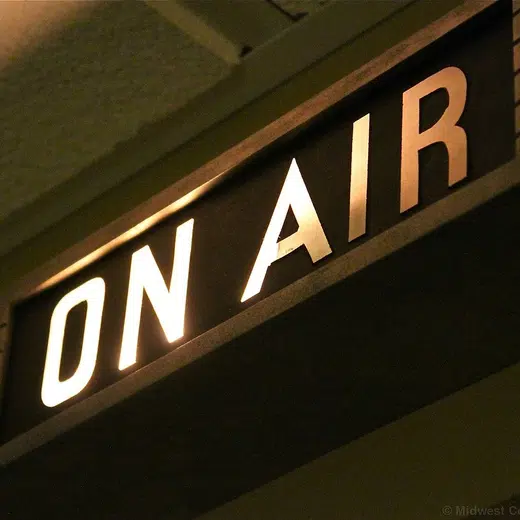By Svea Herbst-Bayliss
NEW YORK (Reuters) – Services company stocks, especially those linked to travel and leisure, have room to rocket higher next year as consumers venture out again after spending on goods but cutting back on services during the pandemic, hedge fund manager Dinakar Singh said.
With vaccines against Covid on the horizon, Singh, who runs Axon Capital, expects a flood of pent-up demand for travel to see far-flung business clients and employees, visit grandparents and take vacations.
“Things are going to be explosive,” Singh, who headed Goldman Sachs’ proprietary trading unit before forming his own fund in 2005, said at the Reuters Global Investment Outlook Summit. “There well could be a huge surge of pent up demand for activities that have been restricted because of the virus.”
After personal savings rates climbed early in the pandemic, stocks broadly recovered. The Standard & Poor’s 500 index has gained 12% since January and has rebounded 60% from its March lows. Real estate values also have increased, so many consumers should be ready to splurge if they manage to get through the crisis with their jobs intact.
While business travel may ultimately be reshaped by video conferencing, markets still may underestimate the near-term demand for travel and entertainment, Singh said.
Singh said stocks that stand to benefit include airlines, hotels and resorts, financial services companies like American Express, which is frequently used for travel, and entertainment venues like Madison Square Garden. His fund is invested with some of these U.S. based stocks, most of which were hit hard in 2020 and whose prices remain lower.
Even companies like beverage maker Coca-Cola could see a positive knock-on effect if concerts and sporting events come back, opening the market for concession vendors to sell soda to millions of people.
In addition to these U.S. stocks, Singh said international markets like Japan and India are attractive. Indian banks, in particular, could see share prices climb, fueled by structural growth and “turbocharged” by a cyclical recovery, he said.
Axon Capital has jumped more than 50% this year after gaining 17% in 2019, an investor familiar with the return said.
Singh cautioned that this recovery will differ from previous ones like the one in 2009 because this year’s downturn was unusual; marked by a crash in spending on services and an “unprecedented and unsustainable” boom in spending on goods.
“The problem is that the pattern people are seeing is the wrong pattern,” Singh said, noting that traditional cyclicals — materials and commodity stocks, for example — could actually be relative losers, not winners, during this recovery.
“At some point you have what you need,” he said, noting that retailers ranging from Home Depot to Walmart have already benefited from strong sales of chairs, plexiglass shields, upgraded electronics and comfortable gear to lounge in around home.
He also said next year could be a breakout year for certain strong stock pickers who have time to analyze potential bets and stick with them. In recent years, a lot of capital has moved away from actively managed hedge funds to computer-driven quant funds, balanced risk funds or funds that employ teams of traders and carefully monitor risk that can lead to exaggerated buying or selling.
“There is nothing about next year that says simple,” he said.
Follow Reuters Summits on Twitter @Reuters_Summits
(Reporting by Svea Herbst-Bayliss; editing by Megan Davies and David Gregorio)




